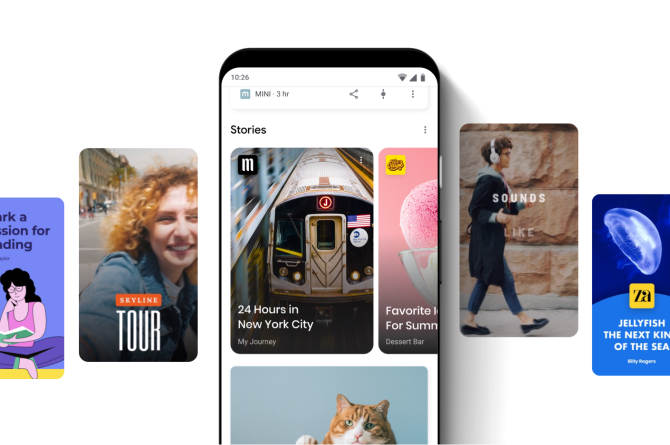So how does it work?
The News Feed algorithm is a complex beast. It’s a machine-learning model built around hundreds and thousands of signals, predictions and inventory that help give each and every post a “relevance score” and corresponding place on your News Feed. Your feed will be curated to serve you more content that you will be predisposed to actively engage with, instead of lurking, passively scrolling or clicking offsite. Smart, huh? The announcement stated that:
“We will predict which posts you might want to interact with your friends about, and show these posts higher in feed. These are posts that inspire back-and-forth discussion in the comments and posts that you might want to share and react to – whether that’s a post from a friend seeking advice, a friend asking for recommendations for a trip, or a news article or video prompting lots of discussion.” – Facebook

News feed changes could change how your business reaches your followers – Image credit: Shutterstock.com
How does this affect my business?
Good news or bad news first?
The bad: Your page may see a (further) drop in organic reach, video watch time and referral traffic. You can no longer rely on Facebook for traffic. With reduced reach, other metrics of engagement like link clicks, comments, shares and reactions are also likely to suffer. Life’s a box of chocolates, eh?
More bad: If you operate your Facebook page with the primary goal of driving link clicks back to your website, then it’s time to pivot your strategy to encompass conversation and engagement.
The good news? If you’re serving up delicious mounds of quality, targeted content, you’ll hardly notice a difference! Win!
What do I need to do?
Fear not. Here are our recommendations for thriving amid uncharted Facebook waters:
- Tell Stories: Quality content always comes out trumps. Get meaningful, authentic, accurate and informative. Lose the sensational clickbait headings – they aren’t welcome ‘round these parts. Take your low-quality web page experiences and make them beautifully responsive and user-friendly.
- Keep an eye on the data. Pay close attention to what Facebook Insights are telling you. What kinds of posts typically garner a lot of comments among your fans? Do more of those. What time are your fans most active? Post more then. You get the picture.
- Get to know your audience on a deeper level. What makes them tick? What do they want to hear and what do they want to share? A deep understanding of your audience will go a long way when you’re trying to strike up a conversation. Time to brush up those personas!
- Revise your strategy, if you need to. If your Facebook strategy was primarily focused on link clicks, now might be the time to rethink Facebook’s role in your marketing mix. Perhaps boosted content can drive clicks while organic content can focus on generating conversation.
- Generate valuable conversations for your brand. Because no one likes small talk. Just because you’re generating conversations, if it’s not a conversation that brings something to the table, it’s not worth the effort. If you’re a destination that’s all about planning vacations, get people talking about where they’re going next, their favourite attractions or their best travel tips and tricks. But remember, it’s a two-way street. You’re community management time has just tripled. Cheers, Facebook.
- Don’t try to game the system. Facebook is all about authenticity and if it believes your content is baiting users in any way (clicking, voting, reacting, sharing, tagging, commenting), it will demote your post and ensure next to no one sees it.







